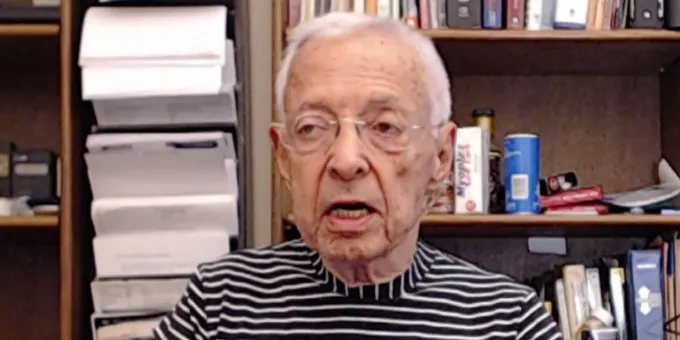I copy here the translation of this news because it does not let me hit the link correctly:
Dr. Ian Lake completes a 730 mile race in 5 weeks to prove the effectiveness of carbohydrates in type 1 diabetes
August 23, 2018
Dr. Ian Lake is a 59 -year -old head doctor and has lived with type 1 diabetes for 23 years.During the first 20 years it was a classic diet.After starting to have complications with diabetes, it became a very low diet in carbohydrates with transformative results.
During the last 3 years, following a low lifestyle in carbohydrates, all its HBA1C readings have been in the non -diabetic range during the last 18 months, all but one of the HBA1C readings have been in the normal population range.As a result of its new energy and a second wind, it has successfully completed a year of a monthly marathon following a low lifestyle in carbohydrates.Type 1 diabetes, even when resistance sports are taken into account.
The 730 Miles race
Recently, Ian completed a 730 mile race, running an average of 20 miles per day.Although he knew it was possible for him, he had never done so much.Even so, it was determined to demonstrate once again that a lifestyle with low carbohydrate content is a valid management option for people with type 1 diabetes.
The race was alone, without support and involved in some wild camp.Ian has 5 kg of his team in a backpack.He used the local accommodation: "I buy my food in any store on the road ... but it has been a challenge to obtain a good selection of low carbohydrates in the most remote areas."Part of the Earth was exhausting and has experienced daytime temperatures exceeding 30 degrees.
On average, 9% carbohydrates, 69% fat and 22% protein, by calories.In comparison, the diet that is currently recommended to people with diabetes mellitus is approximately 55-60% carbohydrates.By eating the demand from his food body, instead of any particular calorie target, he initially lost 9 pounds in a part of the race, before maintaining his stable weight for the rest."After a lot of experimentation, I came to the conclusion: eat when you are hungry, drink water when you are thirsty. Listen to the body, simple. It has worked for me," says Ian.
Ian has monitored its glucose and ketones levels worldwide.He took his insulin through pen injections, maintaining an average glucose level of 7.0 mmol / L with an HBA1c of 39 mmol / mol (which is within the normal range) at the end of the 730 miles.He maintained his ketones within the range of nutritional ketosis, without risk of diabetic ketoacidosis.He also noticed that he was only in the middle of the episodes of hypoglycemia, and that he was able to do most of the time.
Ian's thoughts on low carbohydrate diets in type 1 diabetes
"My life has been completely transformed for the Book of the Diabetes Solution of Richard Bernstein, accidentally in Google. In embarrassing, as a doctor, I had never found myself in my general practice field and I know that a large number of specialists inDiabetes have not done so.of a diabetes or another crisis that looms on it every day.
And I'm not just me.There are other doctors worldwide with type 1 diabetesThey do the same with the same excellent results, many people who opt for this lifestyle, benefit of cutting carbohydrates.
It simply makes the control of diabetes much easier, less carbohydrates means less insulin.Smaller doses of insulin to reduce glucose levels in glucose levels and cause ketoacidosis and hypos.I know I will never return insulin, and it is a lifeguard, but
With Nice's current practice, only 3% of people obtain the relatively modest objective of 48 mmol / mol.However, in a low -income community (Type1grit), mainly children, only 3% does not reach that level.There is something very bad with 97% of the population of the population cannot achieve the objective.
I think it is well tested and low carbohydrates diets in type 1 diabetes at an extreme level and is shown as a very safe option for some people with type 1 diabetes to take into account.For many people, this is the path of misery of everyday erratic problems with control, improving the sensation of well -being and the reduction of long -term complications. "
Dr Lake is collaborating with Grohealth, the people behind diabetes.co.uk and the creators of the Low Carb Program, to produce a program that allows people with diabetes.lifestyle.Health professionals can also use the program: www.type1Program.com.
If you want to read more about it, visit your personal blog on Type1keto.com.




